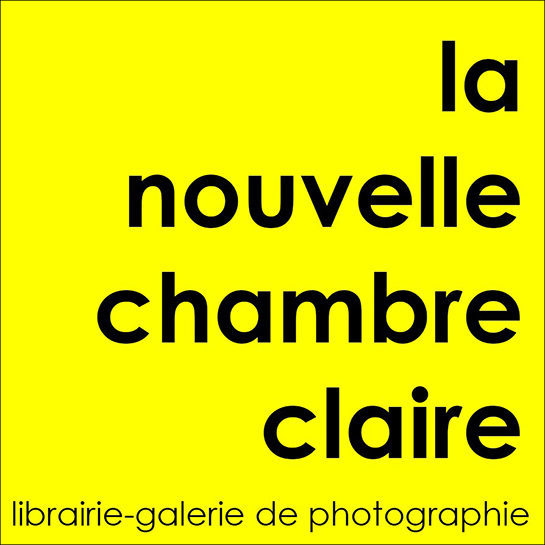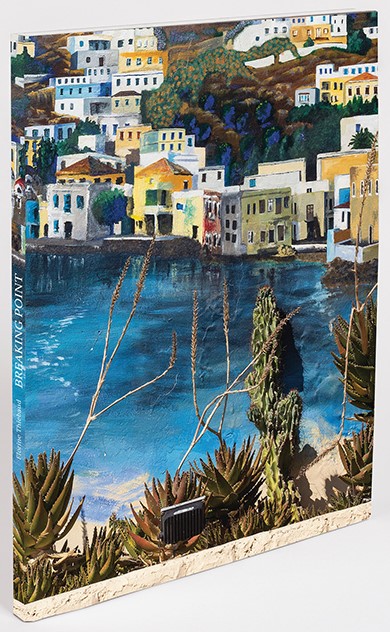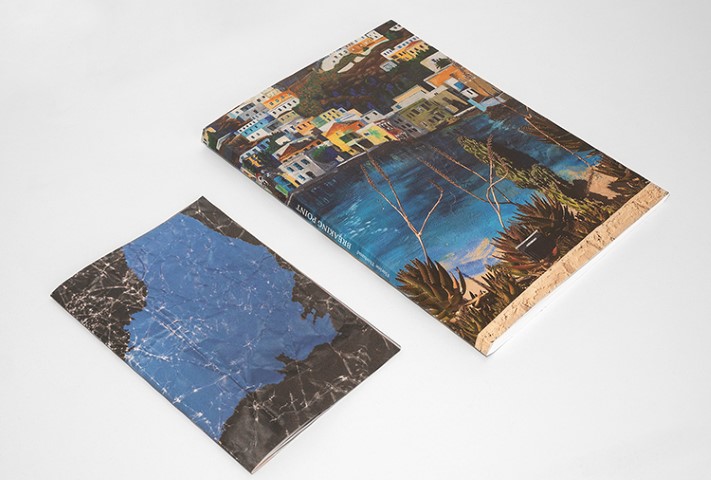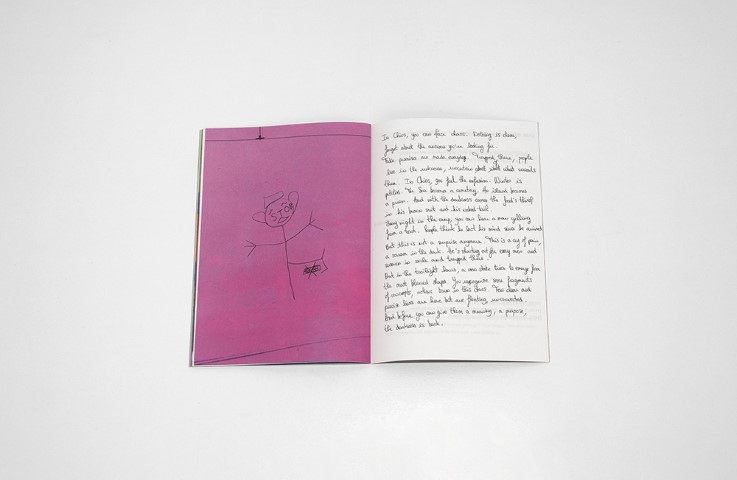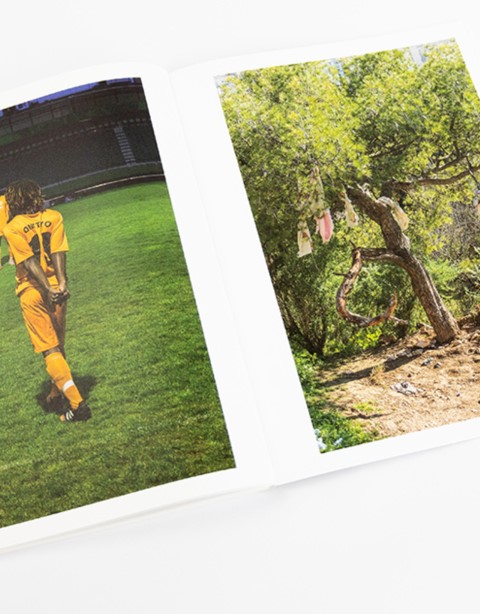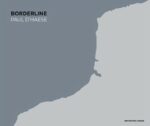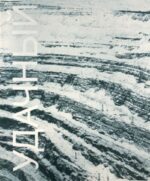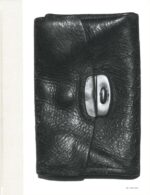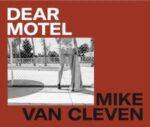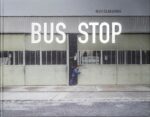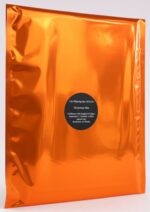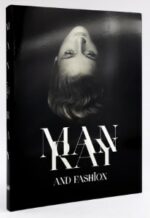Exemplaire Signé.
1ère édition tirée à 700 exemplaires.
A Chios j’ai rapidement rencontré Edmond et Feras. Tous deux de mon âge et contraints de vivre dans le camp de Vial depuis déjà quelques mois, nous passions beaucoup de temps ensemble, et ils m’ont expliqué les conditions sur l’île, le processus à suivre, et leurs espoirs pour l’avenir. J’ai rencontré Mustapha en même temps et il m’a présenté directement à Soumaya, Sally, Razan et leur famille. Ils sont arrivés en même temps qu’Edmond et Feras et ont été relogés dans un appartement temporaire. Souvent invité à leur habitation, j’ai suivi leur traitement de dossier, la réponse positive pour Athènes, l’inscription à l’école et leurs préoccupations pour l’avenir. Suite à mon projet à Lesbos, j’ai vu la situation empirer pour les personnes arrivant en Grèce. Y allant régulièrement, j’ai vu mes contacts perdre espoir et devoir faire face à un système cherchant à les décourager de rester ou d’aller plus loin.
« Breaking Point » vient du temps que j’ai passé avec Feras, des discussions animées avec Edmond, des après-midi passés avec Mariam et ses sœurs, des explications de Mustapha, des journées vides et un peu pleines le long de Diallo et Sylla, des temps difficiles, des merveilles à Athènes, les échanges à l’intérieur du camp d’Oenofyta avec Nazar et à Vial avec Sadam, et à partir du temps accordé par tant de gens. Je considère la publication de ce livre comme une réalisation nécessaire et me permet de rendre hommage à leur résilience.
Signed Copy.
1st edition of 700 copies.
In Chios I quickly met Edmond and Feras. Both of my age and forced to live in Vial camp since a few months already, we were spending a lot of time together, and they explained to me the conditions on the island, the process to follow, and their hopes for the future. I met Mustapha at the same time and he directly introduced me to Soumaya, Sally, Razan and their family. They arrived at the same time than Edmond and Feras and were rehoused in a temporary apartment. Often invited at their place, I followed their file processing, the positive answer for Athens, the school enrollment and their concerns for the future. Following my project in Lesbos, I witnessed the situation getting worse for people arriving in Greece. Going there regularly, I saw my contacts loosing hope and having to face a system seeking to discourage them from staying or going further.
“Breaking Point” comes from the time I spent with Feras, lively talks with Edmond, afternoons spent with Mariam and her sisters, explanations from Mustapha, empty days and some full along Diallo and Sylla, difficult times, wonderings in Athens, exchanges inside Oenofyta camp with Nazar and in Vial with Sadam, and from the time granted by so many people. I see the publication of this book as a necessary achievement and allowing me to pay tribute to their resilience.
EXTRACT
2017 / 2019
The breaking point referred to in Florine Thiebaud’s photographic series is metaphorical rather than explicit. Her camera doesn’t record critical situations but instead portraits, indeterminate landscapes, interiors, still lives and names carved into tree trunks or rock faces.
The protagonists, a few young men and a girl, are photographed repeatedly in close-up. They usually look away.
The photographer has been allowed to come close but beyond this illusory intimacy — to which photography lends itself so well — we sense, as observers, a wall we cannot breach. We learn nothing about these individuals and yet their physicality, captured by an empathetic camera, is moving.
The title of the series seems paradoxical. We are transported to a Mediterranean region where little happens and everything appears to be transitory. The photographer reinforces the agonising routine of living in a perpetual state of limbo by reproducing similar images and photographing her subjects in situations that differ only subtly. The monotony of drawn-out time is in direct contrast to the disruption promised by the title, but the captions reveal the brutal truth.
As soon as we discover where the photographs were taken, our initial interpretation of the images collapses. These people are refugees and the places are internment camps. Chios, Leros and Athens are temporary stops on an endless escape route. By making stagnation her theme, Thiebaud opposes and nuances prevailing alarmist representations of the so-called “refugee crisis”. -Geert Goiris
